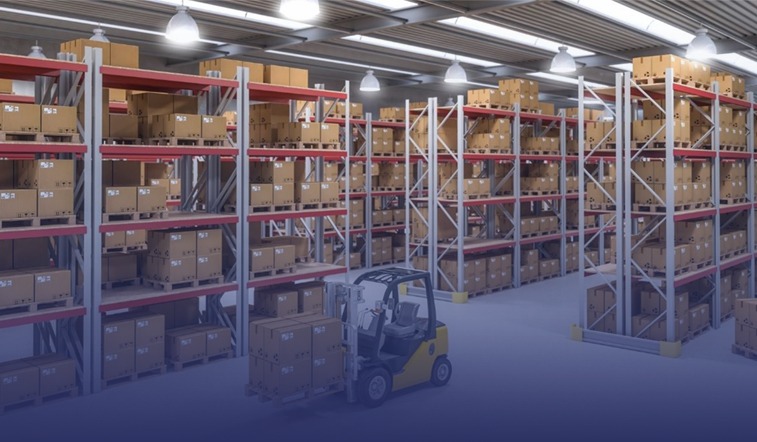
What are Fast-Moving Consumer Durables?
Imagine walking into a store and being surrounded by a sea of products. Among them, you’ll find items like washing machines, refrigerators, and televisions. These products, which are frequently bought and replaced by consumers, are known as Fast-Moving Consumer Durables (FMCDs). Unlike fast-moving consumer goods (FMCGs) like snacks or toiletries, FMCDs are durable and long-lasting, yet they have a high turnover rate.
The Importance of FMCDs in the Market
Why should we care about FMCDs? Well, these products play a crucial role in our daily lives and the economy. They provide convenience, comfort, and efficiency, making our lives easier. Moreover, the FMCD market contributes significantly to the economy by creating jobs, driving innovation, and generating revenue.
Types of Fast-Moving Consumer Durables
From kitchen appliances to electronic gadgets, FMCDs come in various shapes and sizes. Some popular categories include:
- Home Appliances: Washing machines, refrigerators, air conditioners
- Electronics: Televisions, smartphones, laptops
- Furniture: Sofas, beds, dining tables
- Fitness Equipment: Treadmills, exercise bikes, dumbbells
Factors Influencing FMCDs’ Popularity
What makes some FMCDs more popular than others? Several factors contribute to their popularity, such as:
- Price: Affordability is a key factor for many consumers.
- Quality: Durability and reliability are essential for long-term satisfaction.
- Brand Reputation: Trust in the brand can influence purchasing decisions.
- Technology: Innovative features and advancements attract tech-savvy consumers.
The Life Cycle of FMCDs
Like any other product, FMCDs have a life cycle that consists of several stages:
- Introduction: The product is launched in the market.
- Growth: Sales start to increase as the product gains popularity.
- Maturity: Sales peak, and the product reaches its maximum market share.
- Decline: Sales start to decline due to market saturation or new innovations.
Trends Shaping the FMCDs Industry
The FMCD industry is constantly evolving, driven by technological advancements and changing consumer preferences. Some current trends include:
- Smart Appliances: Integration of IoT technology in home appliances.
- Sustainable Products: Growing demand for eco-friendly and energy-efficient products.
- Online Shopping: Increasing preference for online shopping and digital platforms.
Challenges Faced by FMCD Manufacturers
Manufacturers in the FMCD industry face various challenges, such as:
- Competition: Intense competition from both domestic and international brands.
- Supply Chain Issues: Disruptions in the supply chain can lead to delays and increased costs.
- Regulatory Compliance: Adhering to regulations and standards can be challenging.
Tips for Consumers Buying FMCDs
When purchasing FMCDs, consider the following tips to make an informed decision:
- Research: Read reviews and compare different brands and models.
- Budget: Set a budget and stick to it to avoid overspending.
- Warranty and After-Sales Service: Check the warranty period and the quality of after-sales service.
Environmental Impact of FMCDs
The production and disposal of FMCDs can have a significant environmental impact. To reduce this impact, manufacturers are focusing on:
- Recycling and Waste Management: Implementing recycling programs and sustainable practices.
- Energy Efficiency: Developing energy-efficient products to reduce carbon footprint.
Future Outlook: What to Expect from FMCDs
Looking ahead, the FMCD industry is expected to continue growing, driven by technological innovation and changing consumer lifestyles. Expect to see:
- More Advanced Technology: Integration of AI and smart technology in FMCDs.
- Sustainable Practices: Greater focus on sustainability and environmental responsibility.